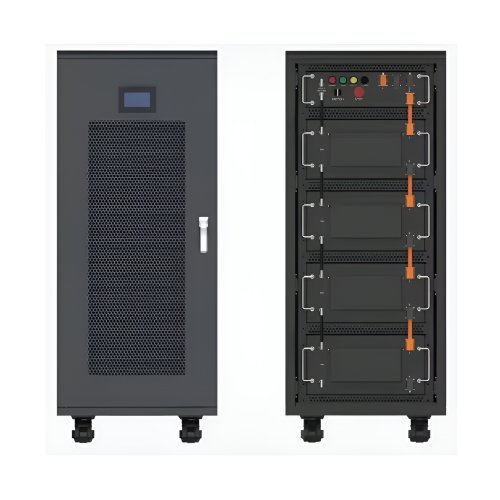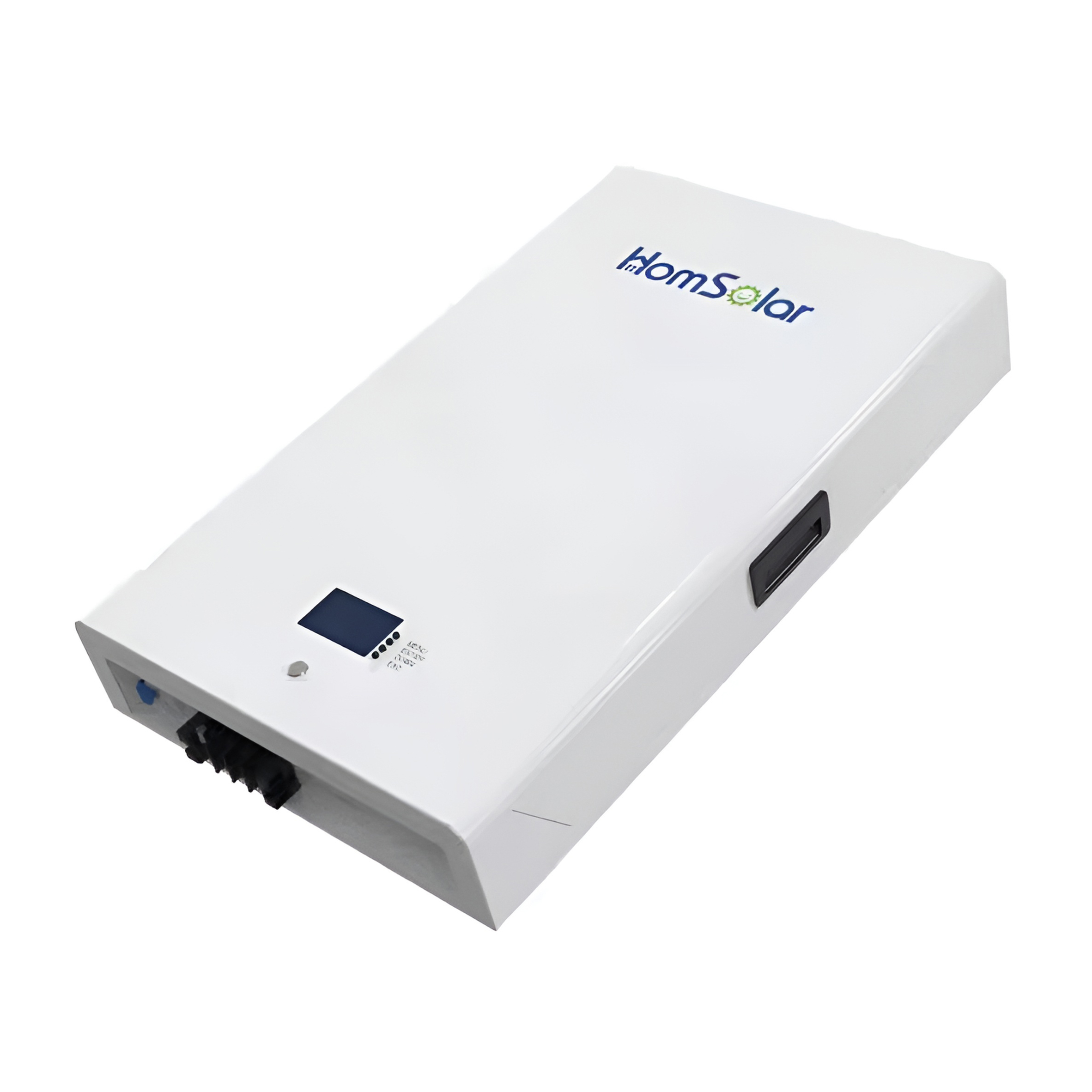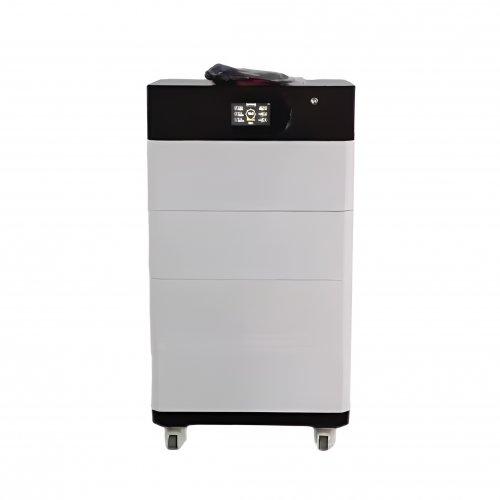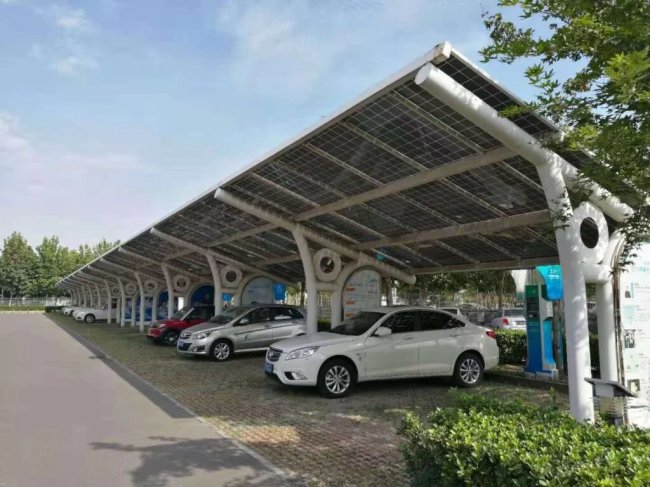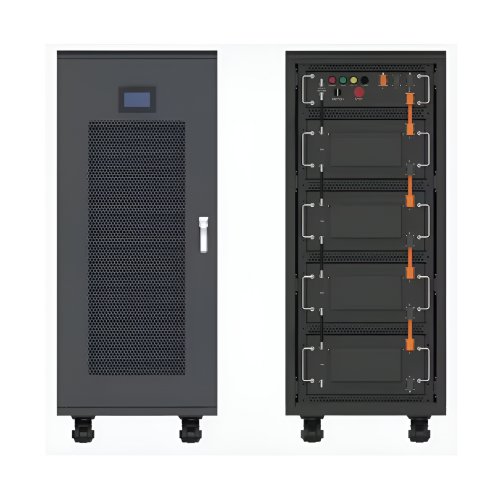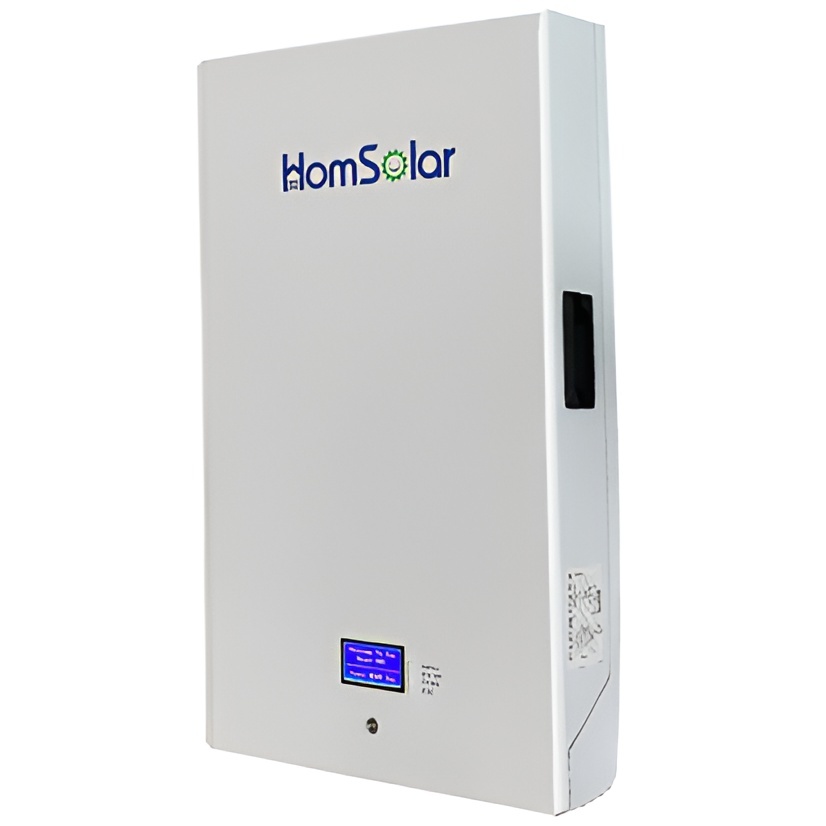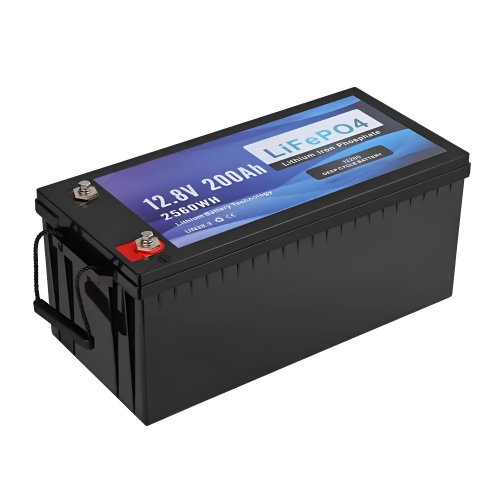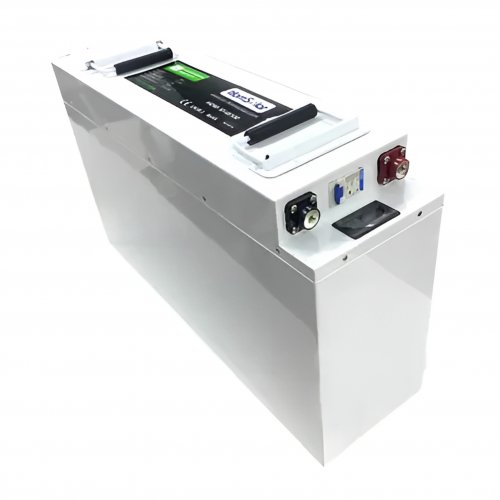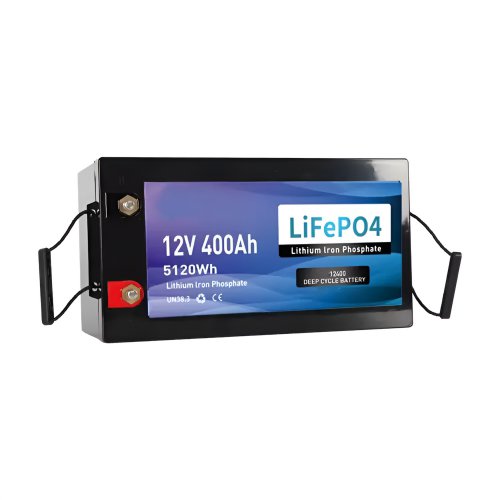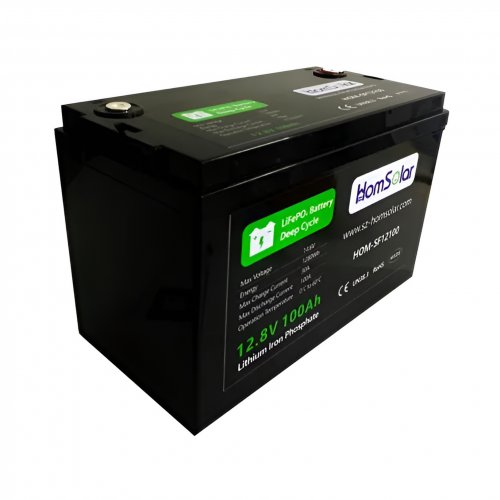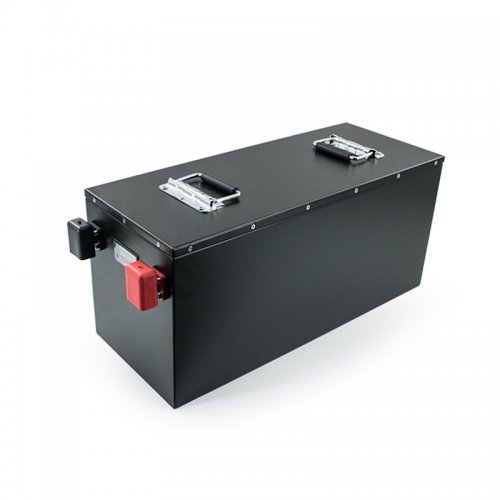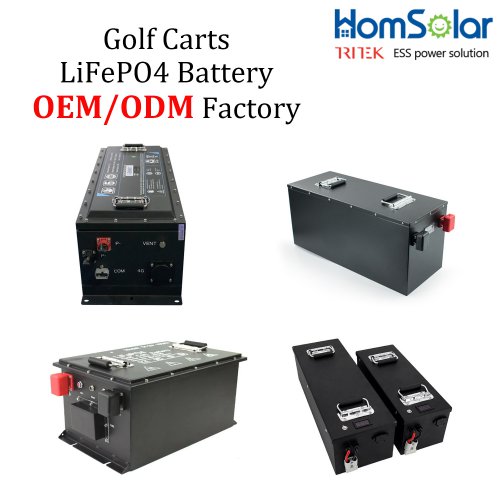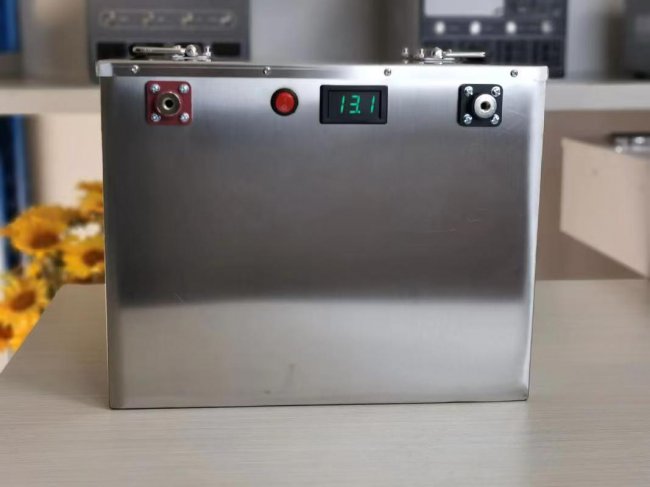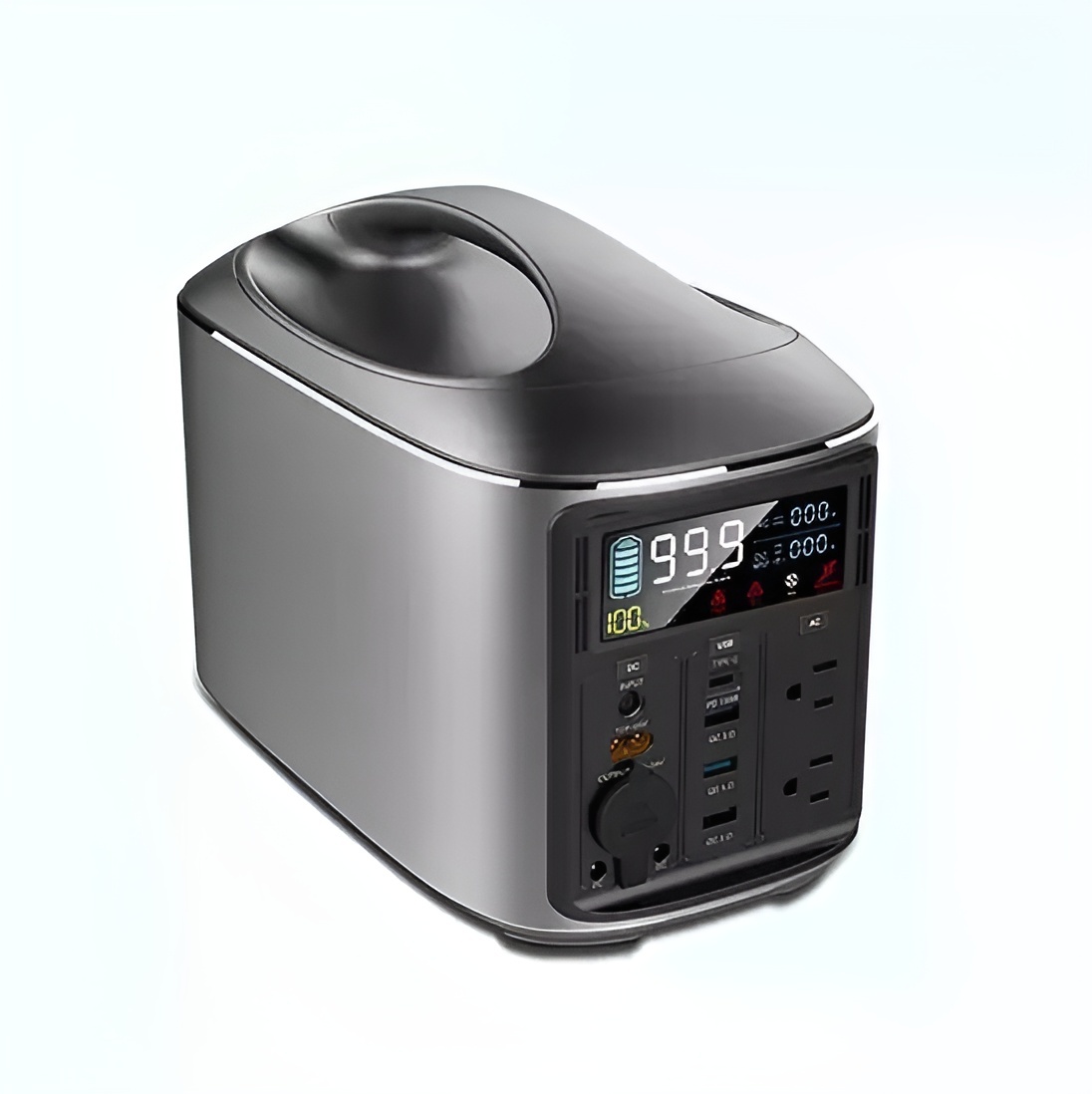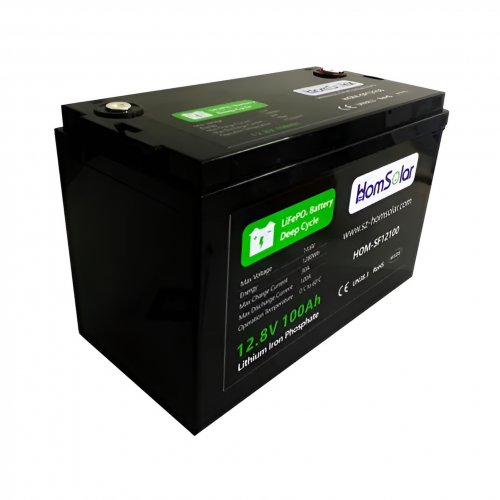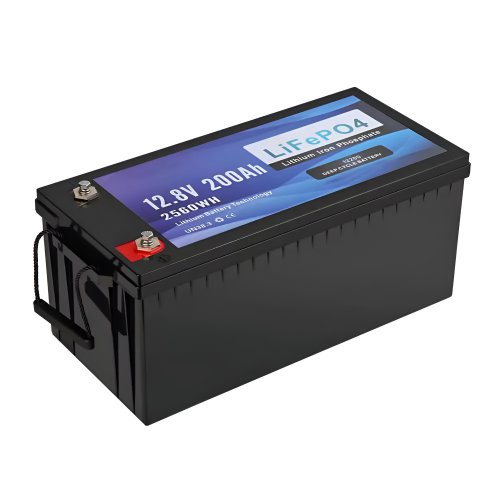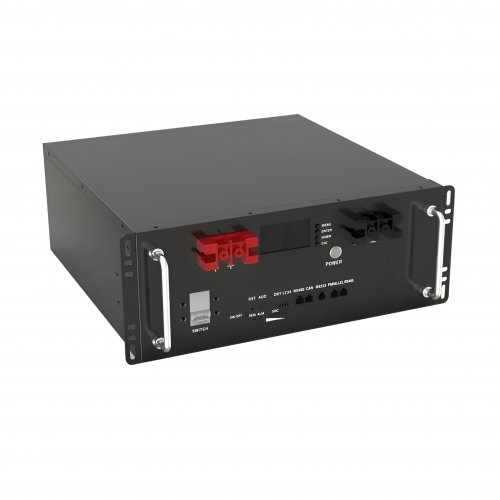Battery Manufacturing Updates News: Solid-state Advancements And Gigafactory Expansions Reshape The Industry
The global battery manufacturing sector is undergoing a period of unprecedented transformation, driven by escalating demand for electric vehicles (EVs), energy storage systems (ESS), and consumer electronics. Recent updates from industry leaders and research institutions point to a dual focus: scaling up production capacity to unprecedented levels and pioneering next-generation technologies to overcome existing limitations. The industry's trajectory is defined by massive capital investments, strategic geopolitical maneuvers, and a relentless pursuit of higher energy density and sustainability.
Latest Industry Developments: Scaling at an Unprecedented Pace
The most visible trend remains the breakneck speed of gigafactory construction and expansion. Tesla and Panasonic continue to push the boundaries of production volume at their Nevada facility, while also ramping up new facilities in Texas and Berlin. However, the landscape is becoming increasingly competitive. Asian giants CATL and LG Energy Solution are aggressively expanding their global footprint. CATL has recently announced a monumental expansion of its plant in Germany and is advancing plans for a new facility in Hungary, squarely aimed at supplying European automakers. Similarly, LG is scaling up its production bases in the United States, particularly in Ohio and Michigan, in partnership with major OEMs like General Motors.
A significant development in the United States is the acceleration of domestic battery manufacturing catalyzed by the Inflation Reduction Act (IRA). The legislation's incentives for locally produced batteries and sourced materials have triggered a wave of new project announcements. Companies like Redwood Materials, founded by Tesla co-founder JB Straubel, are building large-scale cathode and anode production facilities to create a localized supply chain, reducing the industry's historical reliance on China for processed materials.
In technology news, the solid-state battery frontier has seen notable progress. Toyota, a long-time proponent of the technology, has reaffirmed its commitment and outlined a revised roadmap for volume production by 2027-2028, focusing on a simplified manufacturing process. Meanwhile, QuantumScape, a Volkswagen-backed startup, has shipped its first Alpha-2 prototype cells to automotive partners for testing, a critical step towards validation. While full commercialization remains a future prospect, these milestones indicate growing confidence in overcoming the long-standing challenges of durability and cost-effective manufacturing of solid-state cells.
Trend Analysis: Efficiency, Sustainability, and Diversification
The prevailing trends in battery manufacturing extend beyond mere capacity growth. Analysts observe a concentrated effort on improving manufacturing efficiency itself. The adoption of AI and machine learning for quality control and predictive maintenance is becoming standard. These systems analyze vast amounts of production line data in real-time to identify defects early, optimize electrode coating processes, and minimize yield loss, thereby driving down costs and improving consistency.
Sustainability has evolved from a buzzword to a core operational mandate. The energy-intensive nature of cell production is being addressed through powering gigafactories with renewable energy. Furthermore, there is a intense focus on the circular economy. "We are moving from a linear 'take-make-dispose' model to a circular one," says an industry analyst from Wood Mackenzie. "Manufacturers are now designing cells with recycling in mind, and investing in hydrometallurgical processes to achieve high recovery rates of lithium, cobalt, and nickel directly from production scrap and end-of-life batteries." This closed-loop approach is critical for mitigating supply chain risks and reducing the overall environmental footprint.
Another key trend is the diversification of battery chemistries. While lithium-ion remains dominant, its composition is changing. Lithium Iron Phosphate (LFP) chemistry is experiencing a massive surge in adoption outside of China, favored for its lower cost, longer cycle life, and absence of cobalt and nickel. Tesla, Ford, and Volkswagen are all incorporating LFP batteries into their product lines for standard-range vehicles. Simultaneously, research into sodium-ion batteries is gaining momentum. Companies like CATL have announced plans to begin production of sodium-ion cells, which offer a potentially cheaper and more abundant alternative for stationary storage and lower-range EVs, further diversifying the technology portfolio.
Expert Perspectives: Cautious Optimism Amidst Challenges
Industry experts express cautious optimism, acknowledging the progress while highlighting significant hurdles. Dr. Elena Brewer, a materials scientist at a leading research institute, notes, "The advancements in solid-state batteries are promising, particularly in terms of energy density and safety. However, the manufacturing scalability is the true bottleneck. Transitioning from a single-layer pouch cell to high-volume, multi-layer production without defects is a monumental engineering challenge that the entire industry is racing to solve."
On the supply chain front, experts warn of lingering vulnerabilities. While new mines and processing facilities are planned, a critical shortage of skilled engineers and technicians to run the advanced gigafactories is emerging as a potential constraint. "The industry is building the factories at an astonishing rate, but it takes years to develop a proficient workforce capable of managing these complex, billion-dollar facilities," notes a supply chain consultant specializing in clean energy. "This human capital gap could be as significant as any raw material shortage."
Furthermore, the geopolitical landscape continues to influence manufacturing strategies. The push for regionalization, spurred by policies like the U.S. IRA and the European Green Deal, is creating parallel, somewhat siloed supply chains. This increases resilience but also adds complexity and cost in the short to medium term.
In conclusion, the battery manufacturing industry is dynamically responding to global demands through simultaneous scaling and innovation. The updates highlight a sector not just building bigger factories, but also smarter and more sustainable ones. The path forward is complex, fraught with technical and logistical challenges, but the concerted effort across continents and corporations underscores the critical role advanced battery manufacturing will play in the global energy transition.
Customized/OEM/ODM Service
HomSolar Supports Lifepo4 battery pack customization/OEM/ODM service, welcome to contact us and tell us your needs.


HomSolar: Your One-stop LiFePO4 Battery Pack & ESS Solution Manufacturer
Our line of LiFePO4 (LFP) batteries offer a solution to demanding applications that require a lighter weight, longer life, and higher capacity battery. Features include advanced battery management systems (BMS), Bluetooth® communication and active intelligent monitoring.

Customised Lithium Iron Phosphate Battery Casing
ABS plastic housing, aluminium housing, stainless steel housing and iron housing are available, and can also be designed and customised according to your needs.

HomSolar Smart BMS
Intelligent Battery Management System for HomSolar Energy Storage System. Bluetooth, temperature sensor, LCD display, CAN interface, UART interface also available.


Terminals & Plugs Can Be Customized
A wide range of terminals and plugs can be customised to suit the application needs of your battery products.

Well-designed Solutions for Energy Storage Systems
We will design the perfect energy storage system solution according to your needs, so that you can easily solve the specific industry applications of battery products.



About Our Battery Cells
Our energy storage system products use brand new grade A LiFePO4 cells with a battery lifespan of more than 4,000 charge/discharge cycles.



Applications in Different Industries
We supply customized & OEM battery pack, assemble cells with wiring, fuse and plastic cover, all the cell wires connected to PCB plug or built BMS.
Applications: E-bike, Electric Scooter, Golf Carts, RV, Electric Wheelchair, Electric Tools, Robot Cleaner, Robot Sweeper, Solar Energy Storage System, Emergency Light, Solar Power Light, Medical Equipment, UPS Backup Power Supply.
We can provide you with customized services. We have the ability to provide a vertical supply chain, from single cells to pack/module and to a complete power solution with BMS, etc.


HomSolar (Shenzhen) Technology Co., Ltd







